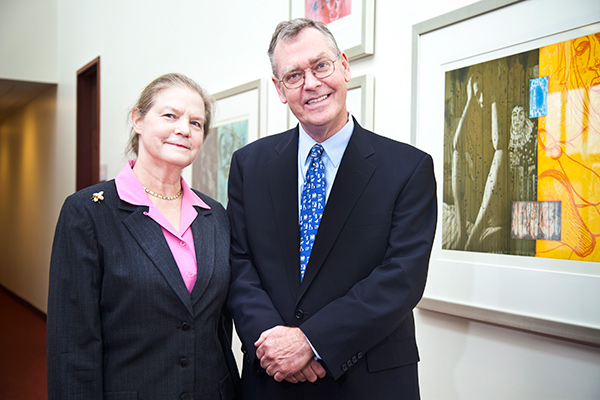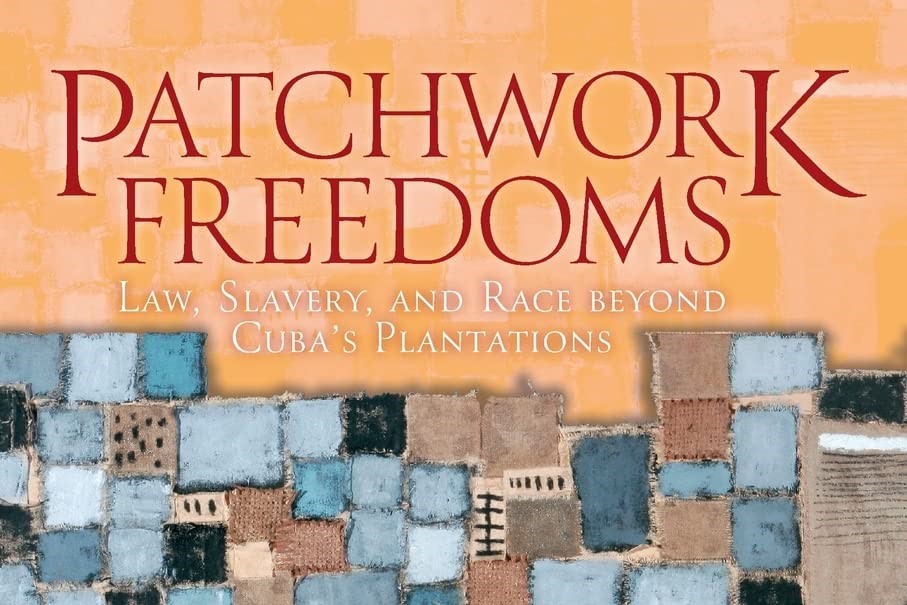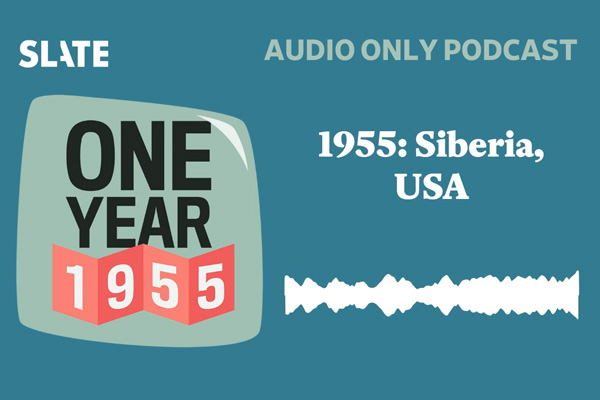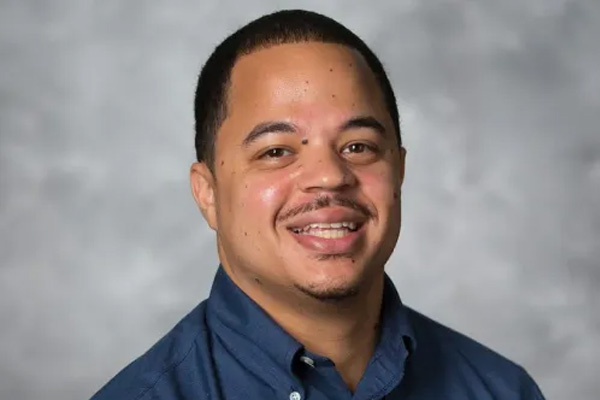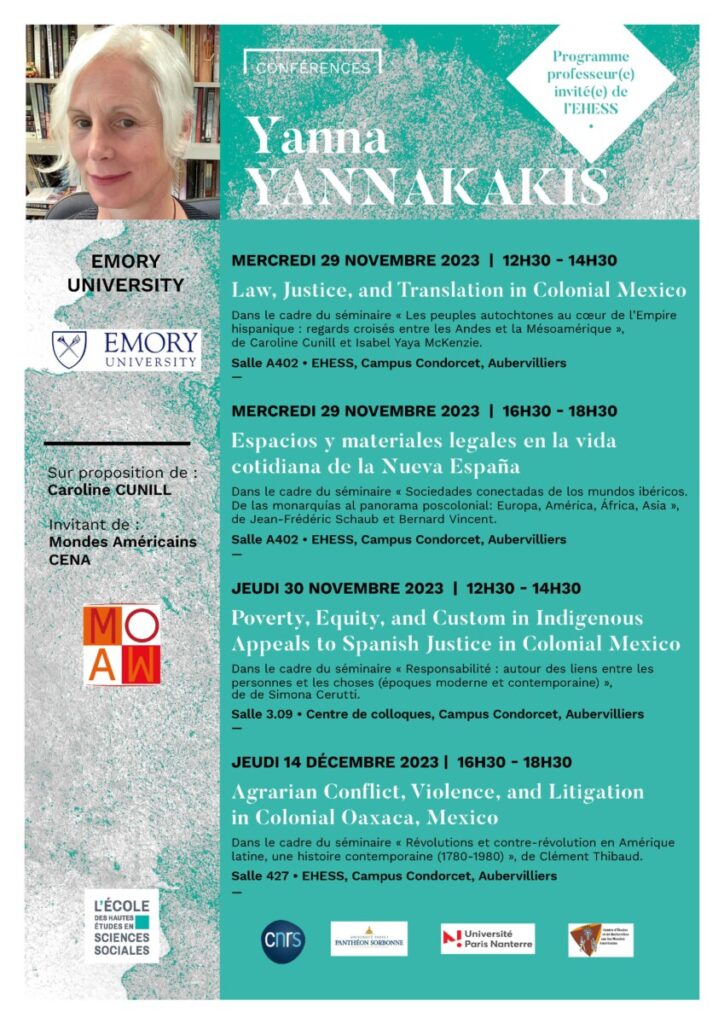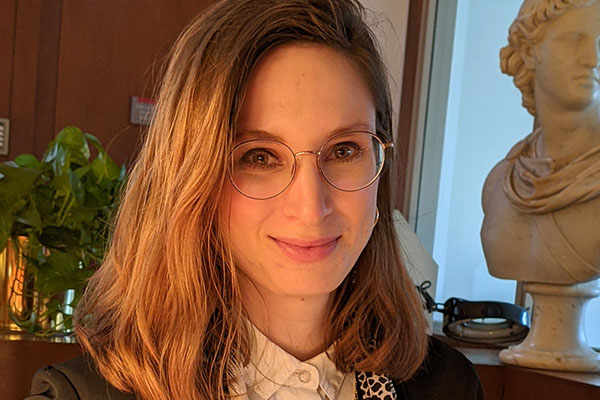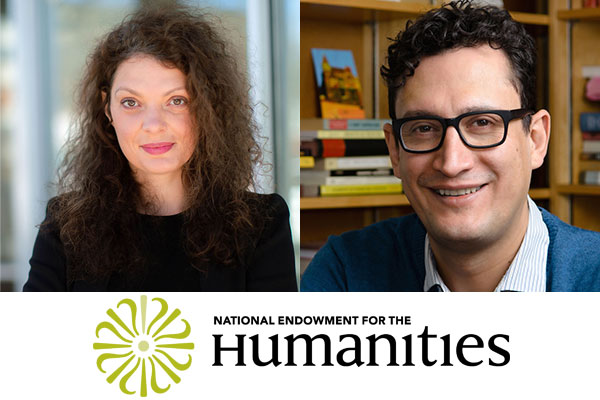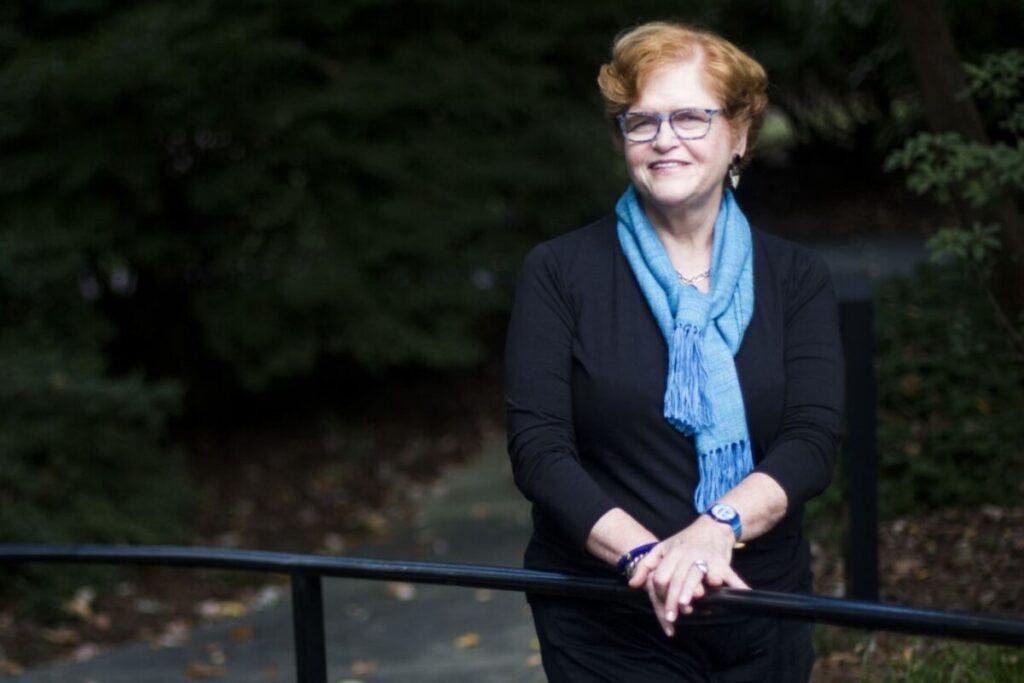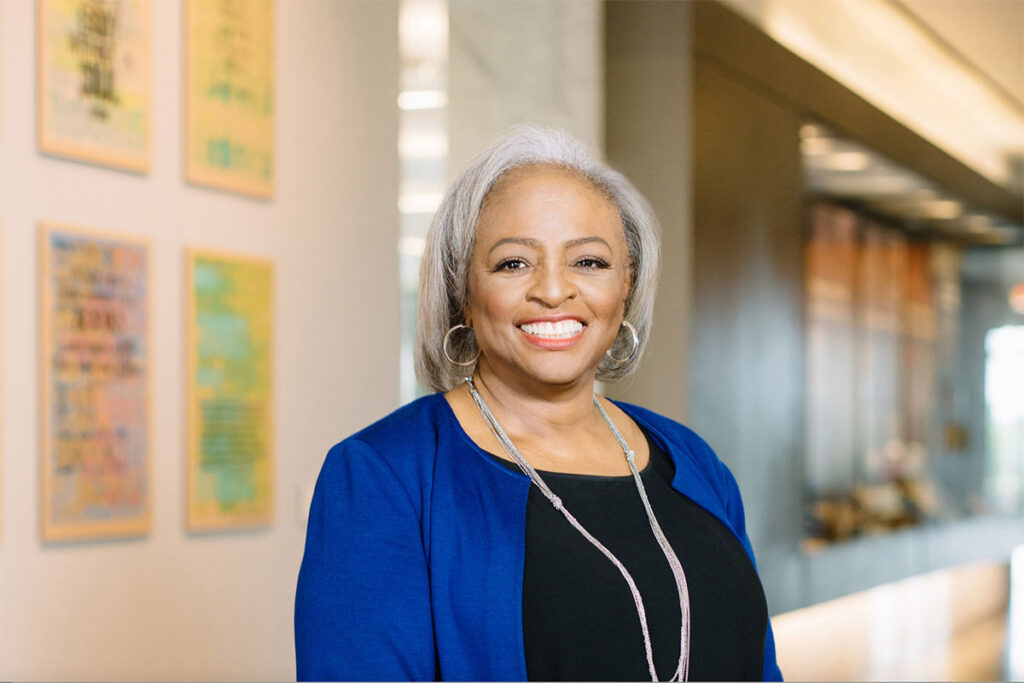
Dr. Carol Anderson, Charles Howard Candler Professor of African American Studies and Associated Faculty in the History Department, was recently a featured guest on The Washington Post Live with Post journalist Sarah Ellison. Framed by the theme “Democracy in America,” Anderson offers historical context and contemporary analysis of issues threatening the vitality of democracy in the U.S., ranging from polarization in Congress and popular mistrust in institutions to the dissemination of political disinformation. Anderson is the author, most recently, of The Second: Race and Guns in a Fatally Unequal America (Bloomsbury, 2021). Watch the interview below or on YouTube: “Historian Carol Anderson on America’s democracy and the lessons of the past.”
